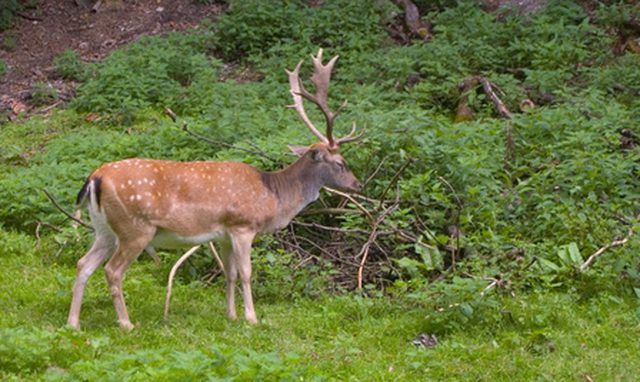Bulbs
Flower Basics
Flower Beds & Specialty Gardens
Flower Garden
Garden Furniture
Garden Gnomes
Garden Seeds
Garden Sheds
Garden Statues
Garden Tools & Supplies
Gardening Basics
Green & Organic
Groundcovers & Vines
Growing Annuals
Growing Basil
Growing Beans
Growing Berries
Growing Blueberries
Growing Cactus
Growing Corn
Growing Cotton
Growing Edibles
Growing Flowers
Growing Garlic
Growing Grapes
Growing Grass
Growing Herbs
Growing Jasmine
Growing Mint
Growing Mushrooms
Orchids
Growing Peanuts
Growing Perennials
Growing Plants
Growing Rosemary
Growing Roses
Growing Strawberries
Growing Sunflowers
Growing Thyme
Growing Tomatoes
Growing Tulips
Growing Vegetables
Herb Basics
Herb Garden
Indoor Growing
Landscaping Basics
Landscaping Patios
Landscaping Plants
Landscaping Shrubs
Landscaping Trees
Landscaping Walks & Pathways
Lawn Basics
Lawn Maintenance
Lawn Mowers
Lawn Ornaments
Lawn Planting
Lawn Tools
Outdoor Growing
Overall Landscape Planning
Pests, Weeds & Problems
Plant Basics
Rock Garden
Rose Garden
Shrubs
Soil
Specialty Gardens
Trees
Vegetable Garden
Yard Maintenance
Deer-resistant Evergreens
Deer-resistant Evergreens. Spotting a deer in your backyard for your first time can be an exciting moment. The excitement soon wears off when you realize that it is not just paying you a friendly visit but is there to feast on your edible landscaping. While no plant is deer proof, there are some evergreens that are less palatable to these wild...

Spotting a deer in your backyard for your first time can be an exciting moment. The excitement soon wears off when you realize that it is not just paying you a friendly visit but is there to feast on your edible landscaping. While no plant is deer proof, there are some evergreens that are less palatable to these wild creatures.
Japanese Plum Yew
The Japanese plum yew looks similar to standard yews. It has needles that are aboyt an inch long and a dark green color. These shrubs can be left to grow naturally into a dense hedge or can be pruned to make a more formal arrangement.
Oregon Grape
This plant group contains shrub and ground-cover varieties. Check with your local nursery or mail order catalog to select a plant that will work for your climate, as the cold-tolerance of these plants varies widely within the species.
American Holly
The holly tree, with its inedible red berries, is not favored by deer. It is a slow-growing tree but can reach heights of up to 60 feet. The ornamental branches are often used in festive winter decorations.
Douglas Fir
The Douglas fir is perhaps most recognized as a popular choice for use as a Christmas tree. It is also known to be deer-resistant. This evergreen thrives in Western states, and cultivated varieties often reach 60 to 70 feet in height.
Boxwood
The boxwood is another evergreen that deer do not enjoy. Most varieties of boxwood bloom in early spring, but the shrubs also retain their green foliage year-round. Much like the yew, the boxwood can be aggressively pruned to create a formal hedge or left to its own devices for a more natural look. Some varieties can grow up to 15 feet tall.